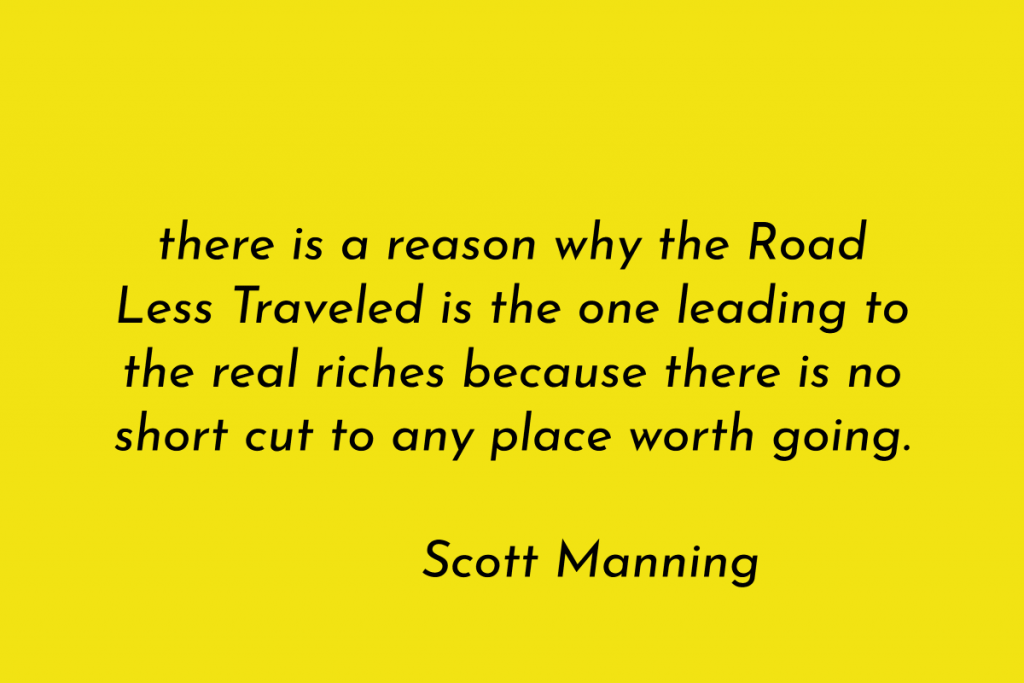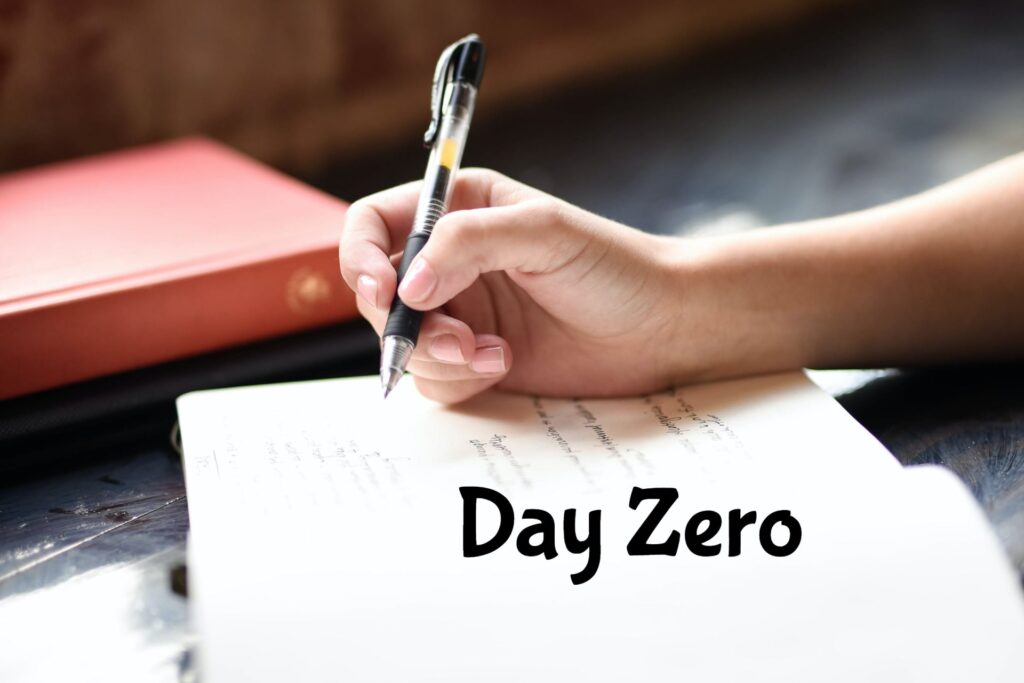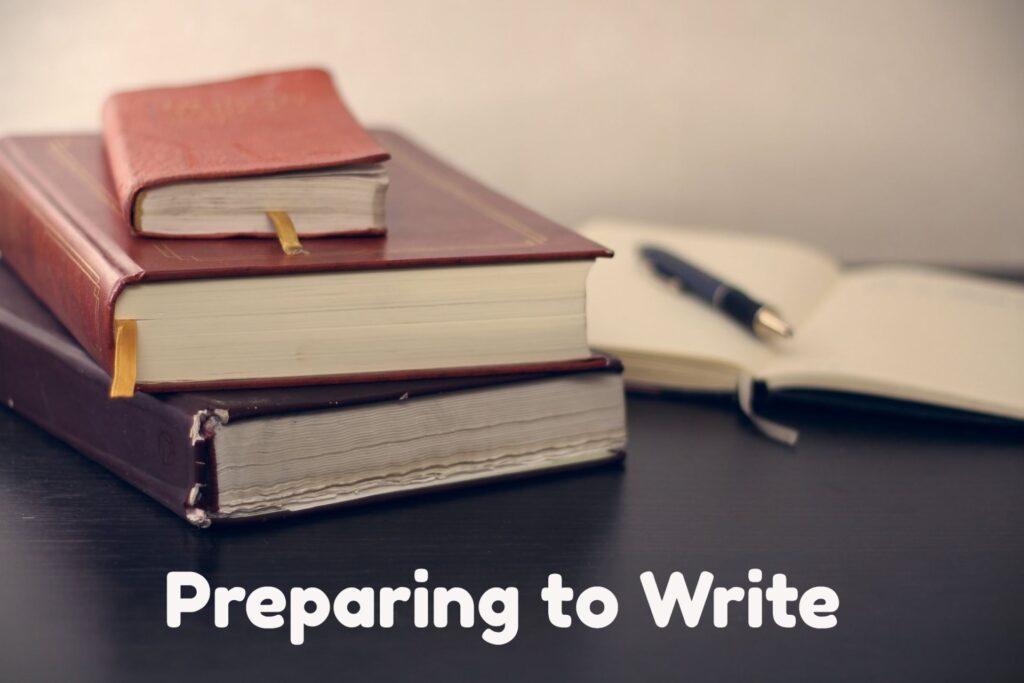The New Blog Advantage
There was a time when hitting publish actually meant something. You’d write a post, share it around, and people would show up. Comments would trickle in. Your email list would grow. The blog felt like a real asset that was working for you even when you weren’t actively promoting it. That time feels like […]
The New Blog Advantage Read More »










